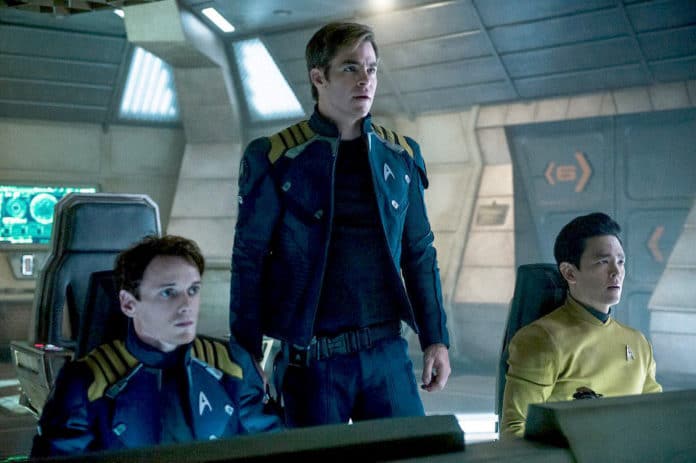Thursday marks the 50th anniversary of when “Star Trek’s” original “five-year mission” first launched into American households. And next month marks the 25th year since Gene Roddenberry, creator of “Star Trek: The Original Series,” left this world for whatever realms exist beyond our own.
As we pause to observe these twin anniversaries, the occasion gives rise to the question: What would the father of “Star Trek” have thought of the world today?
“I think he would be very concerned and upset about the current state of affairs,” “Star Trek” historian Mark A. Altman tells The Washington Post.
Roddenberry, who was born in 1921, envisioned a future of greater unity, says Altman, noting that the writer-showrunner was wary of whatever forces or institutions could spark divisiveness.
“Roddenberry’s own politics evolved over time,” says Altman, who is co-author of the new “Star Trek” two-volume oral history, “The Fifty-Year Mission.” “I’m always amused when Ted Cruz says that ‘Star Trek’ is his favorite television show. Because I don’t think there is any world where ‘Star Trek’ is anything but a progressive, liberal vision of the future — in which big government is a good thing, and we can all get along. It’s a utopian ethos that is a result of one world government, and not exceptionalism of any particular country.”
Ultimately, Roddenberry was a secular humanist who believed that humankind could evolve socially.
“I think he would be heartbroken over political gridlock where people couldn’t find common ground,” Altman says.
“The militancy and sturdiness of political correctness would disturb him as well,” the historian continues. “But I think he would still not lose faith that we have to go through these challenging times before we can come out the other side. He would look at this as the dark times. ‘The Next Generation’ talked about the post-nuclear horror of the 21st century, and a start coming out of this long night. This, too, shall pass, and we hopefully learn from our mistakes.”
And that, he notes, is part of the lasting genius of “Star Trek,” which has spawned multiple series and films since the original TV series ended in 1969.
“It’s fascinating to plumb the subtext of ‘Star Trek,'” Altman says. “When you’re 8, it’s about there being a green girl on every planet. But there are new layers that you discover about ‘Star Trek’ (transcending) whatever remnants feel dated about it.”






